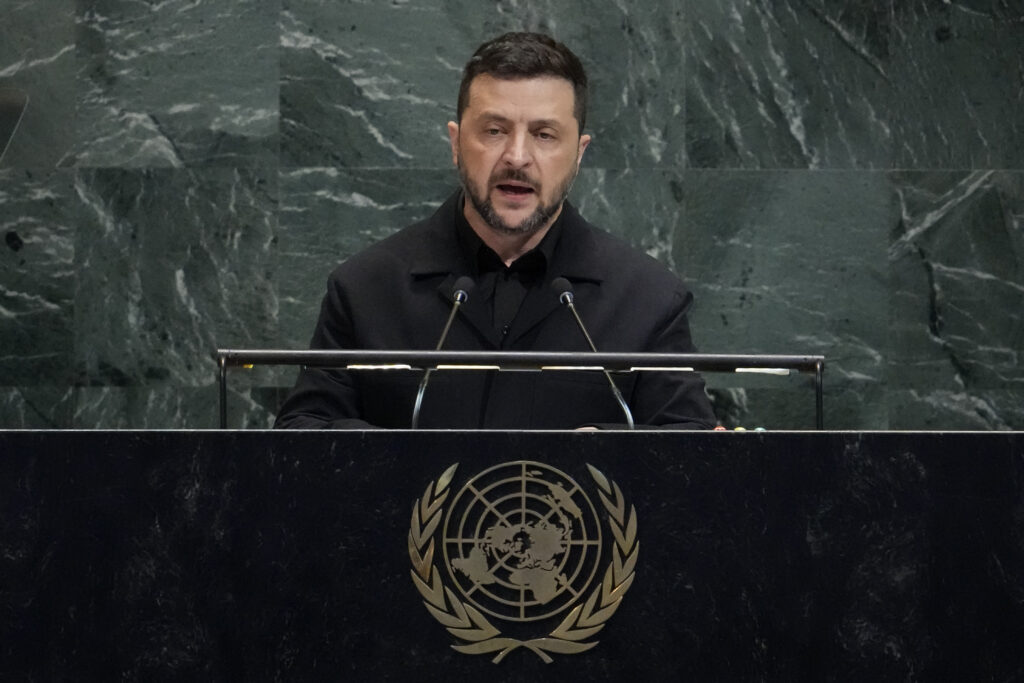Ligue Europa: Nice se réveille trop tard et s’incline face à la Roma
Nice s’est réveillé trop tard et n’est pas parvenu à remonter deux buts encaissés coup sur coup en deuxième période, mercredi soir lors de sa défaite contre l’AS Roma (1-2) en ouverture de la Ligue Europa.Dans son histoire, Nice avait toujours perdu contre les équipes italiennes en coupe d’Europe (deux fois contre Naples, trois fois contre la Lazio, dont 4-1 la saison dernière à Rome). La tradition a donc été respectée.Pourtant, Nice a proposé un jeu intéressant. Mais le gardien Yehvann Diouf et ses partenaires ont manqué d’attention durant moins de cinq minutes en deuxième période. Et la sanction, logique, a foudroyé des Aiglons, jusqu’alors disciplinés mais peu inventifs.Par la suite, ils se sont rebellés, sont revenus grâce à un pénalty du puni Terem Moffi (1-2, 77). Cela n’a pas suffi. Nice débute donc mal sa campagne européenne au niveau comptable. Et il faudra aller chercher des points à Istanbul contre le Fenerbahçe, jeudi 2 octobre.Titulaires lors du naufrage brestois (1-4) dimanche dernier, Kojo Oppong, Tiago Gouveia, Sofiane Diop, Jonathan Clauss et Terem Moffi ont été relégués sur le banc. Si pour les deux derniers, en retard à une réunion en début de semaine, il s’agissait d’une sanction, Franck Haise a également souhaité apporter du sang neuf de concerner un maximum de joueurs pour les nombreuses rencontres à venir (Paris FC, dimanche à Nice, Fenerbahçe, le 2 octobre, et à Monaco, le 5 octobre).-Dante, le plus vieux-Le capitaine Dante, qui a est devenu le joueur de champ le plus vieux à disputer un match de Ligue Europa (41 ans, 11 mois et 6 jours), Antoine Mendy, Tom Louchet, Morgan Sanson et Kevin Carlos ont donc débuté. Sur la première période, Nice n’en a pas souffert. Contrairement à Brest, où les Aiglons avaient été menés 2-0 après neuf minutes, ils ont, cette fois, fait preuve d’une belle solidité.Cette solidité n’a duré qu’une mi-temps. Le temps pour l’adjoint de Didier Deschamps, Guy Stephan, présent au stade, de voir Manu Koné frapper au but sans cadrer (23e), prendre une avertissement pour une faute sur Sanson (27e), puis de se faire à nouveau contrer sur une tentative après la pause (51e). Sur le corner, le défenseur central Evan N’Dicka, qui venait de repousser avec force une tentative d’Hicham Boudaoui (49e), s’est joué de tous ses adversaires pour placer une tête au premier poteau, qui a battu Yehvann Diouf, peu réactif (0-1, 52e).Abasourdis, les hommes de Haise ont encore baissé pavillon au terme d’une belle action collective conclue par Gianluca Mancini, défenseur devenu pour l’occasion buteur, tout ce que préconise son entraîneur, Gian Piero Gasperini (0-2, 55e).Haise a alors lancé Clauss, Diop et Moffi. Ce dernier a réduit l’écard sur pénalty (1-2, 77e) après une faute totalement inutile, de Niccolo Pisilli sur le très combatif Mendy (75e).Par la suite, la Roma, tête de série N.1 de la compétition, accompagnée par plus de 1500 supporteurs, malgré les 100 interpellations d’ultras la veille en ville, a tenu avec maîtrise pour l’emporter.




